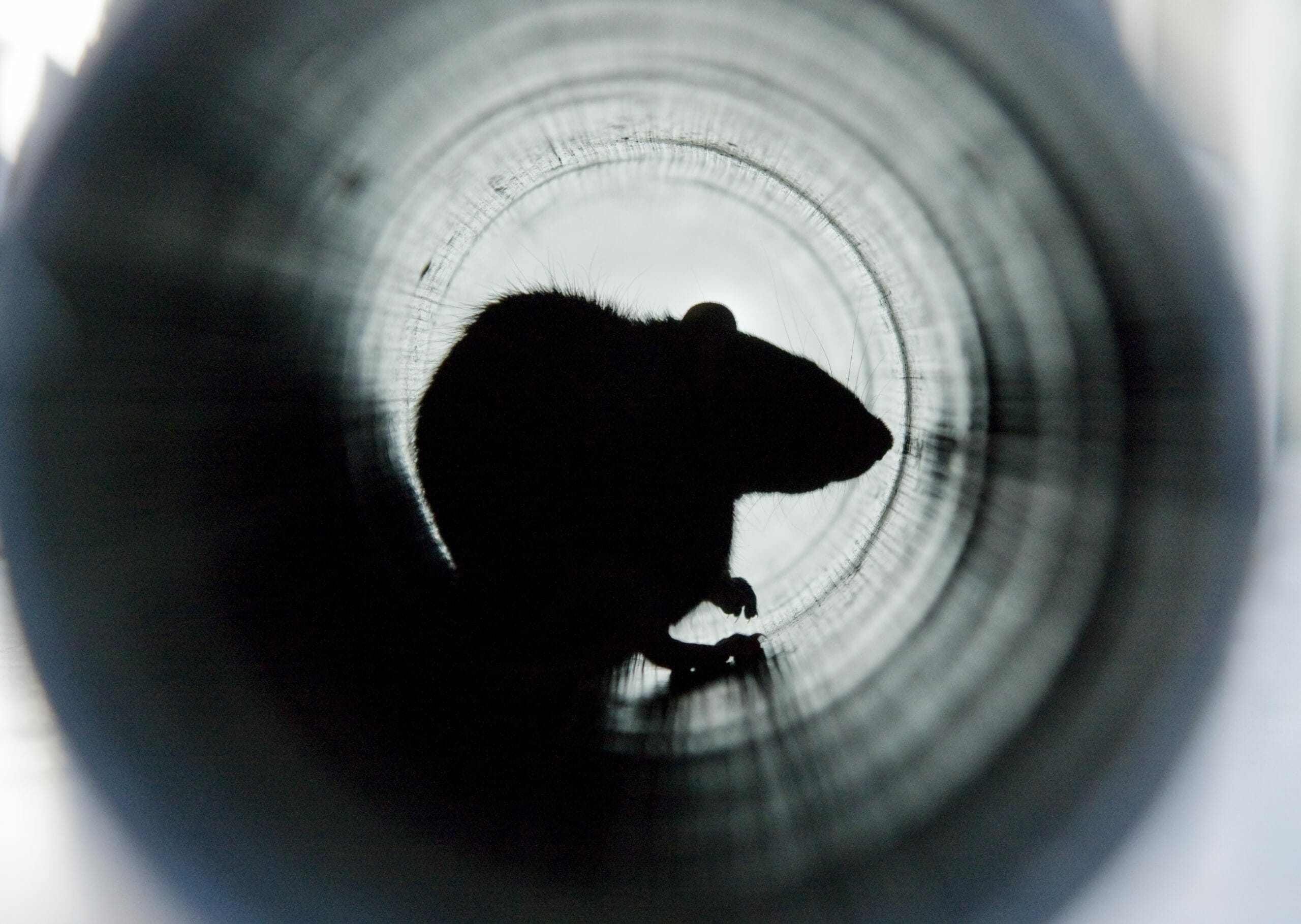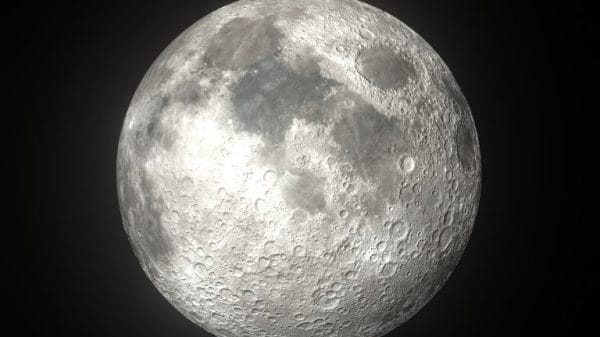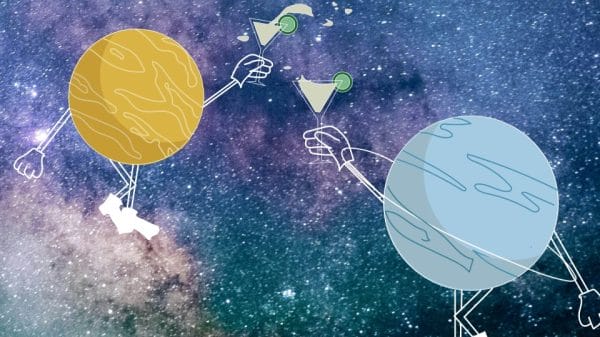As we’ve learned from every sci-fi movie ever, it’s always a good idea to mess with the natural order of things. Enter a group of scientists who successfully reversed aging in rats, an animal with whom we share 69% of our genome.
This research is by no means new but is rather the latest in a line of breakthroughs starting in 2007 with Japanese biomedical researcher Shinya Yamanaka, whose work in the field won a Nobel Prize. Yamanaka discovered the combination of four molecules (Oct4, Sox2, Klf4, cMyc) could revert adult cells to stem cells by resetting their epigenetic marks to their original patterns. Epigenetic changes are responsible for aging, as our cell-activity regulators make our minds and bodies more vulnerable to disease. Yet, Yamanaka found that adult cells lost their identities when reverted to stem cells.
Then in 2016, the Salk Institute of Biological Studies utilized the “Yamanaka factors” to reverse the aging of both human and mouse cells in vitro and accelerate the recovery of middle-aged mice from injury. They also extended the life of mice with Hutchinson-Gilford progeria syndrome, an accelerated aging disorder. However, their research also encountered problems when mice under certain conditions developed cancerous tumors.
New findings
Now, a team of scientists at Harvard Medical School, led by biologist David Sinclair, have made new developments that seem to have overcome these problems. They previously succeeded in repairing the vision of old mice with damaged retinas and poor eyesight by transplanting blood plasma from younger mice. In ongoing experiments, three age groups were treated with Yamanaka factors, resulting in reverse-aging of up to 54%. There were no blood cell alterations or neurological changes between the control group and the treated mice, and none emerged with tumors. Moreover, when analyzed only part-way through, the results were not yet evident, proving the aging was not simply paused but was moving backward.
What does this mean for our future?
Sinclair, who has spent the last two decades attempting to invert the linear ravages of time in Nolan-esque fashion, argues that medicine neglects the fundamental cause of illnesses, “which for most diseases is aging itself… We know that reversing the age of an organ, such as the brain in a rat, eliminates aging illnesses.” Therefore, if scientists can achieve the same results in humans, we could take arms directly against mother time herself so as not to shuffle but instead slowly inch off our mortal coils.
As Sinclair states,
“It’s a permanent reset, as far as we can tell, and we think it may be a universal process that could be applied across the body to reset our age… We have the technology today to be able to go into your hundreds without worrying about getting cancer in your 70s, heart disease in your 80s and Alzheimer’s in your 90s.”
CNN
To read a story from 2020 involving similar experiments on humans, click the link here.














